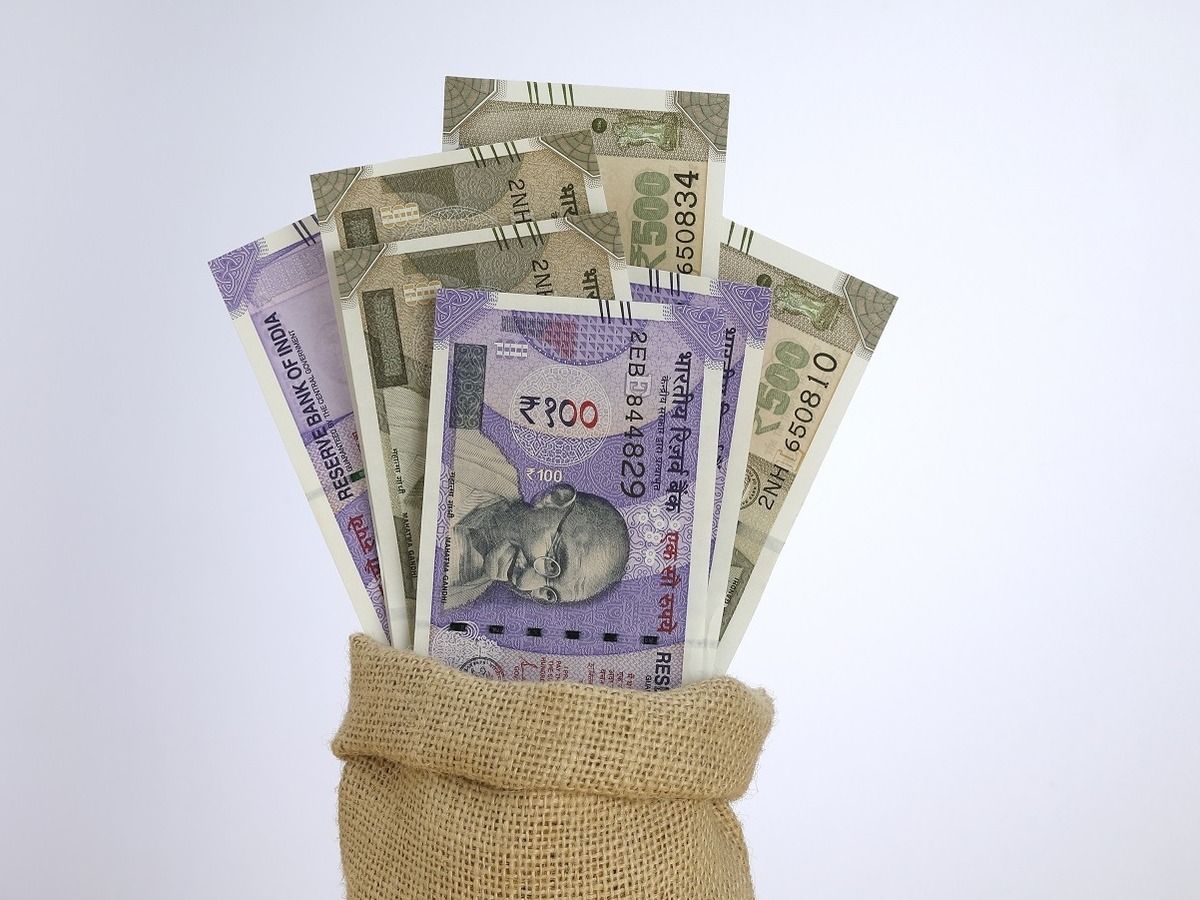Business News
8th Pay Commission announced: What’s next? Appointments, terms of reference and other steps before salary hike

3 min read | Updated on January 23, 2025, 19:17 IST
SUMMARY
8th Pay Commission: The Union government is expected to soon appoint its chairperson and members and define its Terms of Reference (ToR) before the panel holds discussions with the stakeholders.

8th Pay Commission: The recommendations are expected to be implemented from January 1, 2026.
Prime Minister Narendra Modi said that the next pay panel, tasked with reviewing and recommending changes to the salaries and benefits of central government employees, will improve quality of life and boost consumption.
The announcement comes days ahead of the Union Budget 2025-26, scheduled to be presented on February 1 by Union finance minister Nirmala Sitharaman.
What next?
Announcing the decision at a press briefing, Information and Broadcasting Minister Ashwini Vaishnaw said the chairman and two members of the Commission will be appointed soon.
The finance ministry is expected to bring in a resolution appointing the chairman and members of the 8th Pay Commission. Going by the past trends, a secretary-level bureaucrat is also expected to be part of the commission. All pay panels, except the first, have had a member secretary, invariably from the Indian Administrative Service (IAS).
The finance ministry is also likely to specify terms of reference (ToR) in the resolution to define the scope, objectives, and boundaries of the 8th Central Pay Commission's work. The terms of reference act as a comprehensive blueprint for the Commission to ensure its works align with the government’s objectives, stakeholder expectations, and fiscal considerations.
It sets goals like examining and recommending changes to the pay structure, allowances, and benefits for various categories of central government employees; suggests the effective date for the recommendations; and emphasises contextual factors like historical and traditional parities, among others.
Once the pay panel members are appointed, the Commission is expected to hold dozens of meetings with the stakeholders over the next few months. The last pay panel held meetings with Joint Consultative Machinery, associations of IPS, IAS and IFS officers, BSF and CRPF officers, Forum of retired CAPF officers, railway employees union, Bharat Pensioners’ Samaj, Central Government Pensioners’ Welfare, Association, National Ex-Servicemen Coordination Committee, Registrar (Administration), Supreme Court of India, and many more.
When will the 8th Pay Commission recommendations be implemented?
The recommendations of pay panels are generally implemented for 10 years.
Constituted on February 28, 2014, under the UPA government, the 7th Pay Commission was asked to submit its report within 18 months. However, the panel, headed by Justice A.K. Mathur, sought a one-month extension from the finance ministry to submit the report. The finance ministry extended the deadline to December 31, 2015, and the panel’s recommendations were finally implemented on January 1, 2016.
The sixth Central Pay Commission submitted its report on March 24, 2008, and the revised pay scales were implemented retrospectively starting January 1, 2006.
The 8th Pay Commission have several months to submit its recommendations so that the revised pay scale can be implemented from January 1, 2026.
Challenges before the Commission
A job that’s going to directly impact over 1.1 crore employees cannot be without challenges. The 7th Pay Commission had aptly highlighted the challenge of coming up with a pay structure that is “competitive yet affordable, attractive yet acceptable, forward-looking yet adaptable, simple yet rational, and one which matches with the current socio-economic and political conditions as well as the changing perception of the overall administrative machinery and the public governance system.”
It’s going to be no different for the next pay panel, especially at a time when the Reserve Bank of India (RBI) is juggling to maintain a growth-inflation balance.
By signing up you agree to Upstox’s Terms & Conditions
About The Author
Next Story

